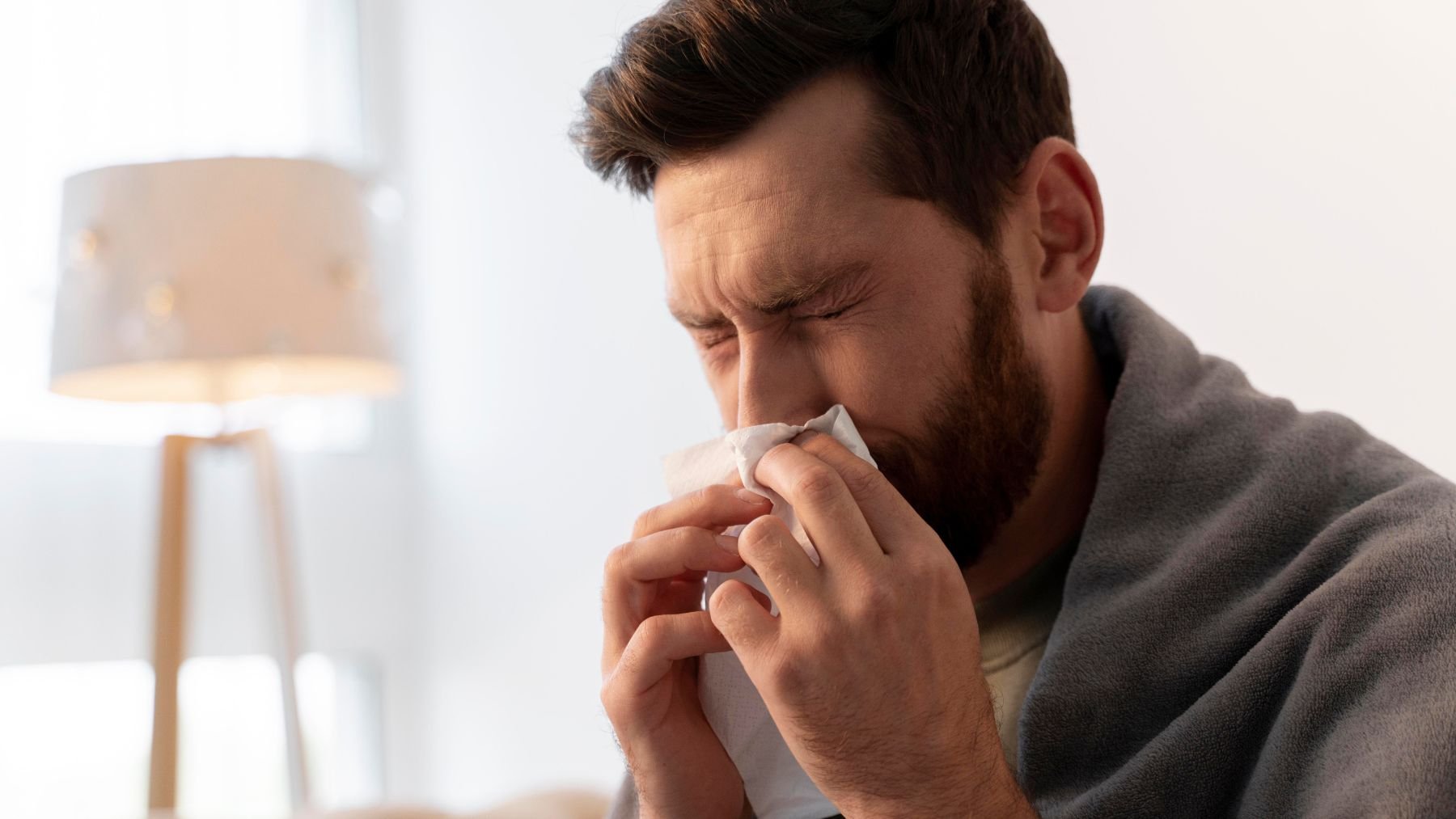Some people claim they never get sick from colds, flu, or even minor bugs that affect everyone else. While most of us stock up on tissues and vitamin C, they move through offices, trains, and family gatherings without so much as a sniffle. This sparks curiosity: do they have secret habits, or is it just genetics and luck?
Stories of people who rarely fall ill show patterns of balanced living: good sleep, moderate exercise, healthy diets, and social engagement. Yet experts caution that these anecdotes don’t prove “superhuman” immunity exists. Genetics, stress, sleep, and lifestyle all influence health, but the idea of complete invulnerability remains unproven.
How experts view “never getting sick”
As The Guardian reports, Dr. Natalie Riddell, lecturer in immunology at the University of Surrey and spokesperson for the British Society for Immunology, explains that claims of never getting ill are mostly self-reported and unverified. “It’s pretty much hearsay and self-reporting,” she says.
Daniel Davis, professor of immunology at the University of Manchester and author of The Compatibility Gene, notes that immune systems are as unique as fingerprints. “Some people inherit genes that help them handle certain viruses better, but that doesn’t mean they have a universally stronger immune system.”
Ann Robinson, GP and Guardian contributor, emphasizes that colds and infections are natural challenges for the immune system, not failures. She also highlights the role of social connection in wellbeing, noting loneliness can negatively affect health.
Riddell adds that stress and disrupted sleep weaken immunity, while a balanced lifestyle helps the body respond more effectively to infections.
Habits to support your immune system
Even without “superhuman” genes, experts recommend habits that support overall health:
- Avoid smoking and limit alcohol – Robinson points out that both can impair immune defenses.
- Wash your hands regularly – but focus on proximity, as most infections spread through close contact.
- Exercise moderately and consistently – improves circulation, potentially aiding immune response.
- Manage stress – chronic stress produces cortisol, which dampens immune function.
- Stay up to date with vaccinations – essential for those at higher risk.
- Maintain a balanced, varied diet – gut microbiome affects immunity, though mechanisms are still studied.
- Prioritize good sleep – circadian rhythms regulate immune activity.
- Stay socially connected – loneliness can harm overall health.
A realistic perspective
Ultimately, no one is completely immune to illness. Davis stresses that variation in immune responses is natural and necessary for survival. Even the healthiest individuals face vulnerabilities.
For those who rarely get sick, the secret seems less about magic remedies and more about balance: moderate activity, rest, nutritious food, stress management, social engagement, mental stimulation, and maintaining a positive mindset. Walters and Hunter emphasize that curiosity, hobbies, and optimism all contribute to wellbeing. As Robinson notes, viewing illness as a challenge for the immune system rather than a failure can help maintain perspective, resilience, and a healthier approach to everyday life.
Even if no one can become completely immune, adopting these habits allows people to support their immune systems, reduce the risk of infection, and improve overall quality of life. Understanding that health is a combination of genetics, lifestyle, and mindset encourages a realistic, proactive approach to wellness rather than chasing the impossible goal of never getting sick.

